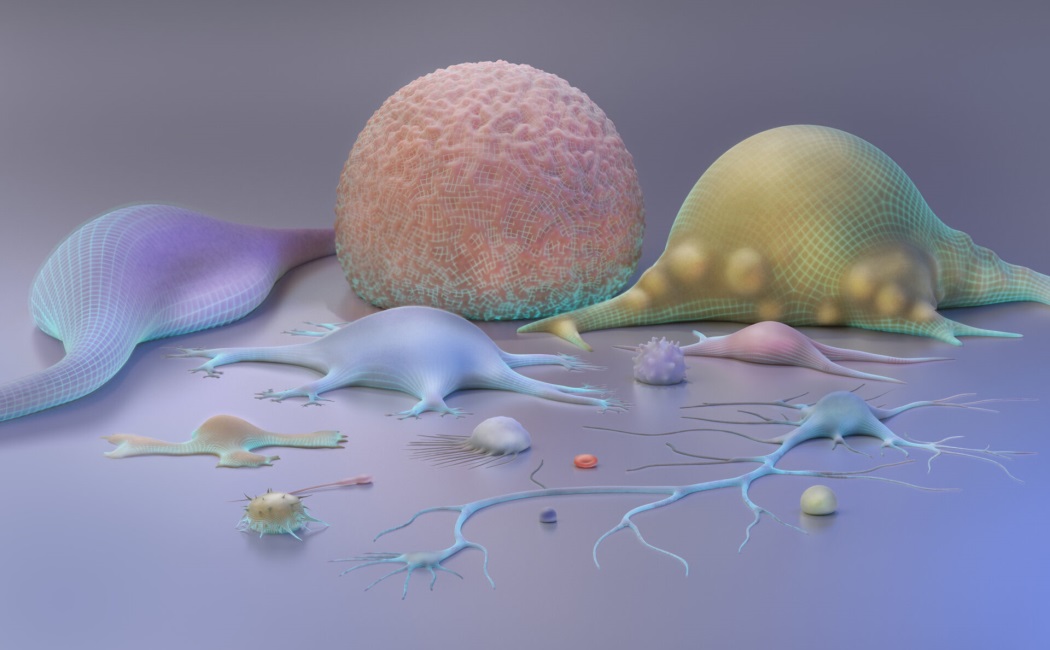
AI for cells helps illuminate their identity
23 January, 2024
In 2022, computational biologist Jesper Tegnér saw a paper that captured his attention. A team of Chinese and American scientists had proposed a novel AI-powered technique — called single-cell Bidirectional Encoder Representation from Transformers (scBERT) — that appeared to solve one of the field’s most challenging problems: cell type annotation.
Intrigued, Tegnér wanted to test the method for himself and see if it could be applied to other datasets.
Identifying a cell, based on its RNA transcript or the genes it expresses, is an exacting but important task. Information gleaned from the study of single cells allows scientists to better understand their makeup, function and interaction with other cells. This offers critical insights into human diversity, as well as diseases that result from genetic mutations.